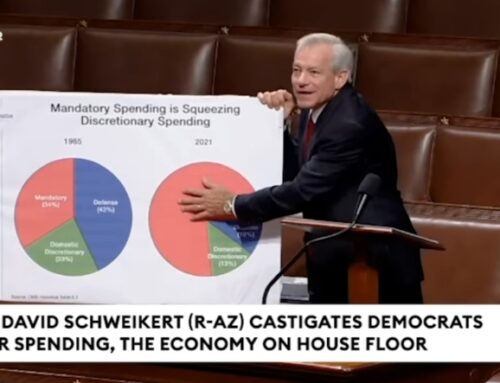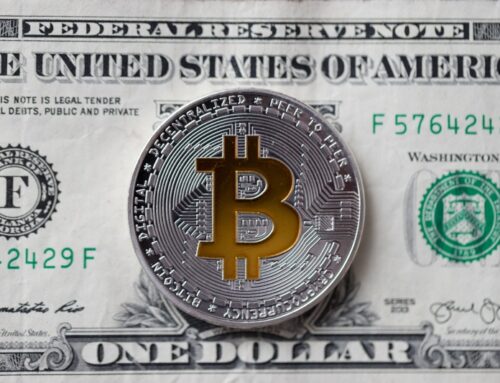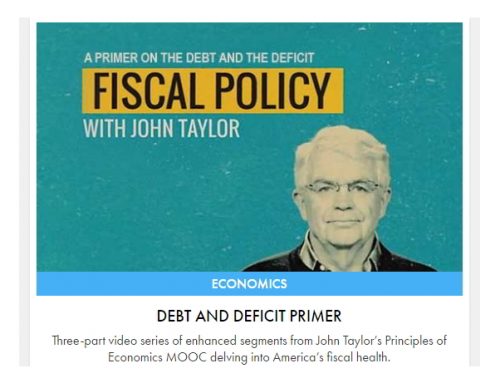There is an ever growing chant from Washington D.C. that says the government needs to manage the economy for our good. However, there is nothing the government does that we can’t do better for ourselves and the reason why is because the sale and purchasing of items depends on people deciding for themselves what they want.
When I buy shoes, I buy what I want, not what someone else thinks is good for me. If what I want in shoes is something that nobody else wants to wear then the store will most likely not carry that style anymore. The reason why is because they don’t want to have something sitting on their shelf that only a few people want. Therefore, it is both the shoe store and the customer who voluntarily agree to cooperate with one another based on their mutual desire to do what is in their own best interest.
On the other hand, there are many in government who think differently. They feel the public needs to be protected from others as well as from themselves because they might make the wrong decision when purchasing something. Therefore, they claim, the government has a duty to make laws that will prevent bad choices from being made by both the customer and the seller.
But to do that they must be the ones who decide what’s in our best interests and what’s not good for us. They justify their behavior by saying they are seeking to eliminate fraudulent business practices by requiring manufacturers to put certain labels on their products, or outlawing certain practices. While this sounds like a worthy goal, there are two problems this creates.
The first is that once the government starts down the road of deciding what is best for its people, it feeds their appetite to do more of the same and it isn’t long before they are deciding where you should live, what you should eat, and how much money you can or cannot make.
The second problem is that the only way the government can protect us is through the use of force, coercion, or intimidation. In either case, what little we gain in protection we lose greatly in freedom.






